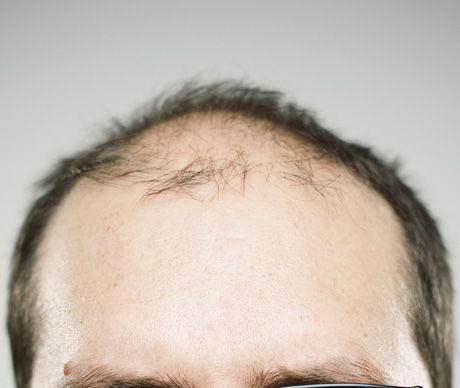
Breaking News
 Kid Rock Responds After He Wins the Internet With a New Song Paying Tribute to Jesus and the Bible
Kid Rock Responds After He Wins the Internet With a New Song Paying Tribute to Jesus and the Bible
 A New Low for the NFL: Bad Bunny Featured Two Men Simulating Sex, Dry Humping During...
A New Low for the NFL: Bad Bunny Featured Two Men Simulating Sex, Dry Humping During...
 This Is BIG…If It Actually Passes | Riley Moore #469 | The Way I Heard It
This Is BIG…If It Actually Passes | Riley Moore #469 | The Way I Heard It
 Tokenized Gold vs The Bitcoin Standard: Peter Schiff debates Saifedean Ammous
Tokenized Gold vs The Bitcoin Standard: Peter Schiff debates Saifedean Ammous
Top Tech News
 SpaceX Authorized to Increase High Speed Internet Download Speeds 5X Through 2026
SpaceX Authorized to Increase High Speed Internet Download Speeds 5X Through 2026
 Space AI is the Key to the Technological Singularity
Space AI is the Key to the Technological Singularity
 Velocitor X-1 eVTOL could be beating the traffic in just a year
Velocitor X-1 eVTOL could be beating the traffic in just a year
 Starlink smasher? China claims world's best high-powered microwave weapon
Starlink smasher? China claims world's best high-powered microwave weapon
 Wood scraps turn 'useless' desert sand into concrete
Wood scraps turn 'useless' desert sand into concrete
 Let's Do a Detailed Review of Zorin -- Is This Good for Ex-Windows Users?
Let's Do a Detailed Review of Zorin -- Is This Good for Ex-Windows Users?
 The World's First Sodium-Ion Battery EV Is A Winter Range Monster
The World's First Sodium-Ion Battery EV Is A Winter Range Monster
 China's CATL 5C Battery Breakthrough will Make Most Combustion Engine Vehicles OBSOLETE
China's CATL 5C Battery Breakthrough will Make Most Combustion Engine Vehicles OBSOLETE
 Study Shows Vaporizing E-Waste Makes it Easy to Recover Precious Metals at 13-Times Lower Costs
Study Shows Vaporizing E-Waste Makes it Easy to Recover Precious Metals at 13-Times Lower Costs
Stem cell topical solution for baldness offers positive trial results

The small, randomized, placebo-controlled trial found the treatment both safe and effective, with larger trials hoped to validate the results in more diverse populations.
The most common form of age-related baldness is known as androgenetic alopecia (AGA). Around half of men and women over the age of 50 will deal with some form of this hair loss, from a receding hairline to more general hair thinning.
The new trial focused on a type of stem cell abundantly found in adult fat tissue, called adipose tissue?derived stem cells (ADSCs), which have been found to secrete a number of growth hormones vital to hair development. Smaller studies have demonstrated ADSCs can regrow hair in male and female subjects but this is the first robust human clinical trial to test a novel topical treatment against a placebo.
"Recent studies have shown that ADSCs promote hair growth in both men and women with alopecia," explains Sang Yeoup Lee, from Pusan National University in South Korea. "However, no randomized, placebo-controlled trial in humans has explored the effects and safety of adipose-derived stem cell constituent extract (ADSC-CE) in AGA. We aimed to assess the efficacy and tolerability of ADSC-CE in middle-aged patients with AGA in our study, hypothesizing that it is an effective and safe treatment agent."

 Smart dust technology...
Smart dust technology...

